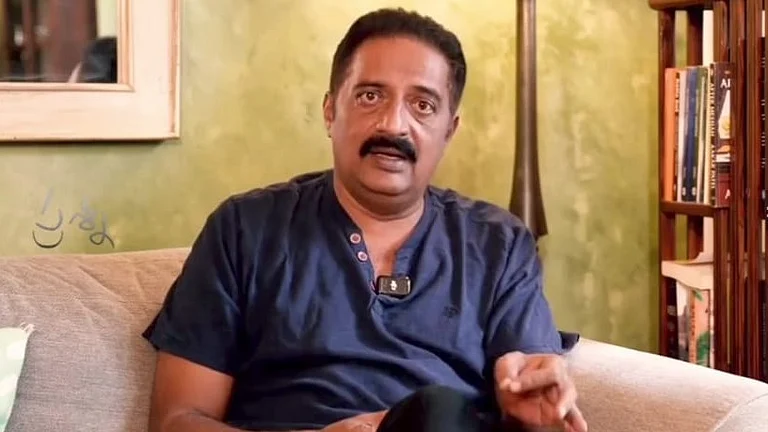CONVERSATIONS about sex, safe sex, and reproductive health are considered taboo and hence programs such as TBBT are important so that people are able to have open conversation to dispel doubts. In August 2021, Nagaland signed the MoU to introduce the TBBT program for children between the ages of 10-19. Shanavas C. (IAS), Principal Director, School Education Department, Nagaland, says, “TBBT is a unique curriculum to address the adolescents’ mental health and sexual health. Our vision is to work towards transforming the lives of youth, and preparing them for a better and brighter tomorrow.”
The state is preparing to introduce this program and is in the process of chalking out the details. Shanavas explains that schools have reopened this month and students in higher classes now have an option to either attend physical classes or opt for online ones. He mentions, “Through TBBT, we are going to cover various districts. We hope the details will come out soon and we will be able to implement it at the field level.”The program will kick off in government high schools and higher secondary schools. Once it catches up, they may go to the middle schools.

Nagaland is known for its rich culture and people are fond of music, art and dance. TBBT program connects with the youth through various on-ground activities such as bike rallies, music concerts, etc, to drive awareness around this cause. Shanavas agrees that awareness is a challenge. It is more so in Nagaland as there is a rural and urban divide. He agrees that drilling awareness at the grassroots level will not be a cake walk. “We have had plans in the past. However, they were not systematic. Hence, we went ahead with this MoU and will come up with a systematic plan to ensure that we can drive awareness.”
Another major challenge that the state needs to tackle is the language barrier. When we spoke to Shanavas, he agrees that the awareness programs will have to be conducted in vernacular and regional languages because not everyone understands English. He explains, “We have different tribal dialects and we will train the resource persons from the locality so that they can speak the language.” Another option is to connect with the locals, who can speak in the common languages among tribes.























